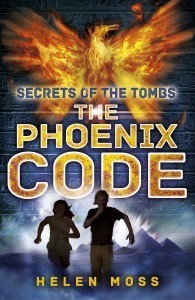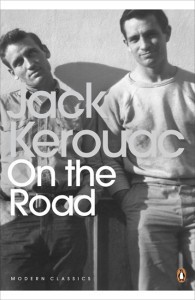We Need to Talk About Kidlit

This kind of relentlessly girly book is RUINING children’s publishing
Last week The Times ran a delightful article entitled ‘It’s no wonder boys aren’t reading – the children’s book market is run by women‘. As a woman who works in children’s publishing (and who writes children’s books), you can bet I have deep, strong feelings about this statement. Yes, boys don’t read as much as girls. Yes, this is a puzzle and a problem – for publishers and authors as much as for parents and teachers. But blaming publishers for being too girly is simply not a sensible response.
I’m female, after all, and I work in publishing, and my favourite things are a) dragons b) magic c) murder d) cool superheroes blowing stuff up and being awesome. I love facts. I hate books that start slowly. A straight romance plot has to be really good to get me interested. I’m quite clearly not the stereotypical female publisher of that Times article. And if I’m not, why should anyone else be?
As a genuine response to the question of why boys don’t read as much, I don’t think that article should be given the time of day. But what I am interested in is what it reveals about all the unconscious assumptions our culture currently has about what is feminine and what is masculine. And I wonder whether this may have something to do with why boys as a group don’t seem to be as excited about books as girls.
Let’s accept for a moment that Jonathan Emmett’s assertion that girls and boys don’t have overlapping interests is true. Girls like friendship and emotions, while boys like fighting and facts. It follows, therefore, that any book with an emotional aspect to it must be a book for girls. If it’s not just a punch-fest, it can’t be of real interest to boys. And of course, any book in which a girl features prominently certainly can’t be for boys.
And, to my mind, this is (part of) the answer to why boys don’t read as much as girls. This is where we’re going wrong – and going more wrong now, I think, than we were when I was a child. On some level, we are now expecting boys not to be able to cope with books that are not exclusively about a certain very stereotypical vision of boyishness, and so we’re not even recommending other types of writing to them.

It’s not just for girls
I know I’m not just imagining this because of a phone call I had with my mother last week.
“Robin,” she said, very doubtfully. “Could I give your book to a boy?”
“How old is he?” I asked.
“Ten,” she said.
“Then of course you could!” I said.
“But -” said my mother. “He’s a boy!”
I pointed out to her that if the boy in question could not look past my two girl detectives to the really cool murder mystery they’re investigating, then there was very little hope that he would grow up to be a fully rounded human being able to cope with the world. The thing is, my mother wasn’t trying to be sexist. She just expected that a boy would have trouble with a book about girls. And if my mother (a feminist who raised me to be the same) could think that, it’s fair to assume that this is something almost all of us are guilty of. In a million tiny ways, I think we are censoring what reading material we offer to boys – and with such a small pool of acceptable literature to choose from, it’s not surprising that they’re turning to things like TV and computer games that offer them a wider range of acceptable stories.
This isn’t good enough. This isn’t fair to boys or girls. We need to do better. We’re getting better at reminding girls that they can be whatever they want to be, and read whatever they want to read, but this needs to cut both ways. After all, there’s no point raising awesome, open-minded women if at the same time we’re raising men who can’t cope with them.

It’s not just for boys
When I was a kid I read a lot of books about girls, and a lot of books about boys – and I was fascinated by what I discovered about the way boys interact when girls aren’t around. As a teenager, one of my favourite books was On The Road for exactly that reason. I felt like I was seeing a world that was totally alien to me, and I loved it.
Isn’t one of the principal joys of fiction allowing yourself to see the world in a brand-new way? If so, why are we assuming that we need to protect boys from that experience? Why don’t we want to let them discover what it’s like to be girls for a few hours? What’s the problem with showing them that boys and girls aren’t really so different anyway?
I wrote Murder Most Unladylike about girls. But it’s not just for girls. That would be nuts. Its a book. If boys want to read it, they should. I just hope the adults around them will let them make that choice.



